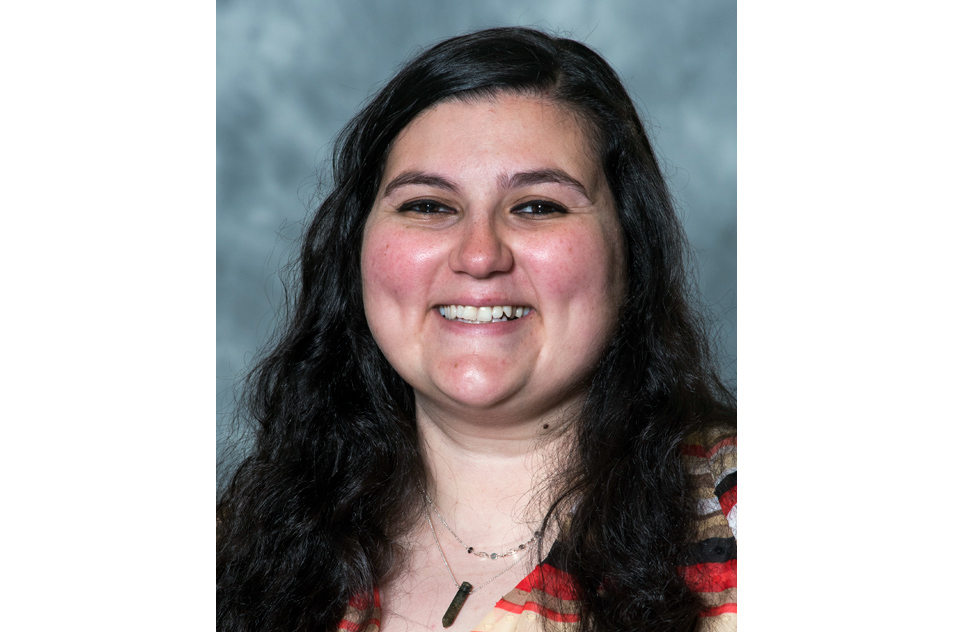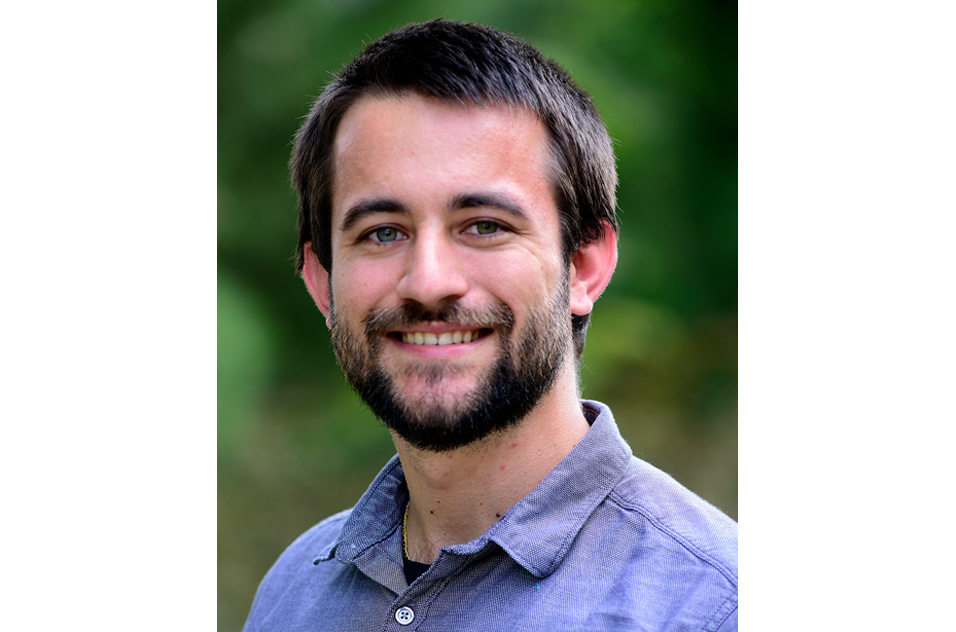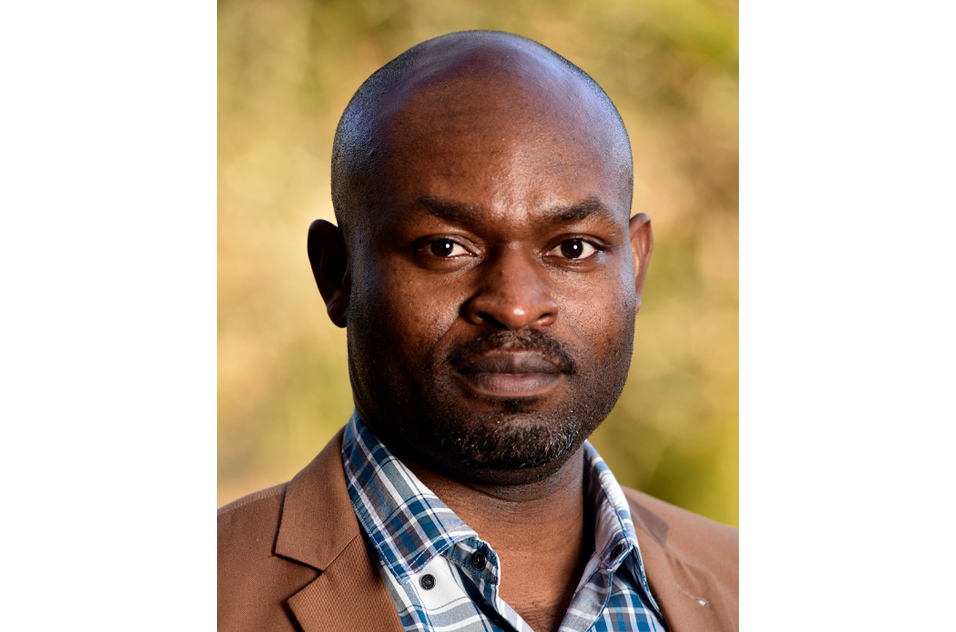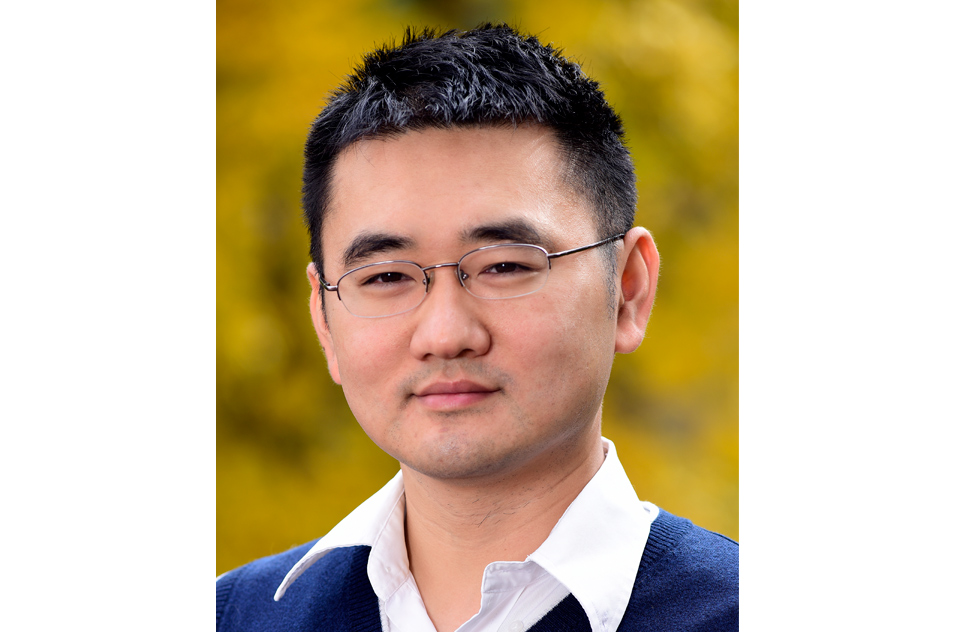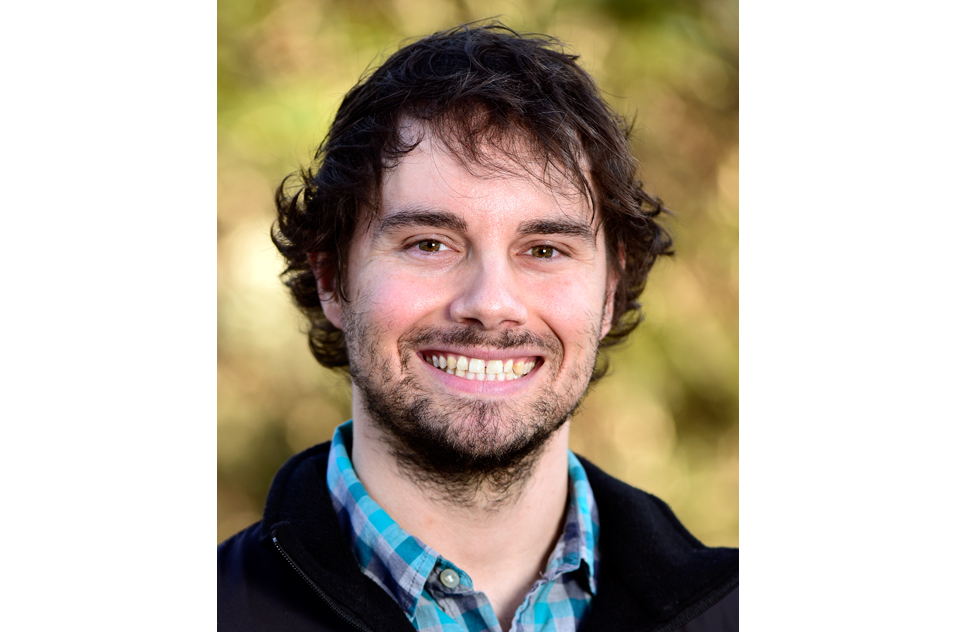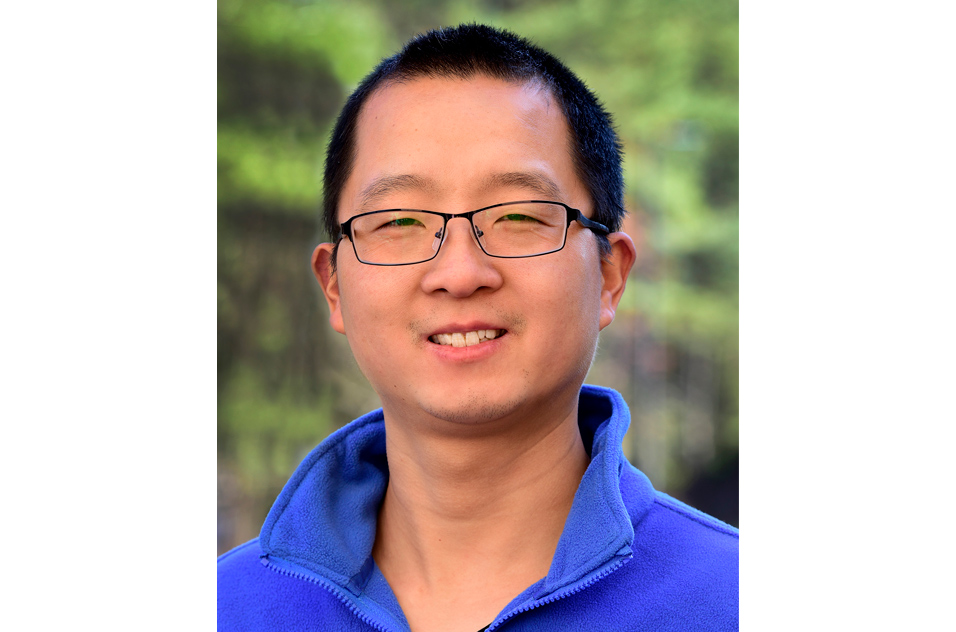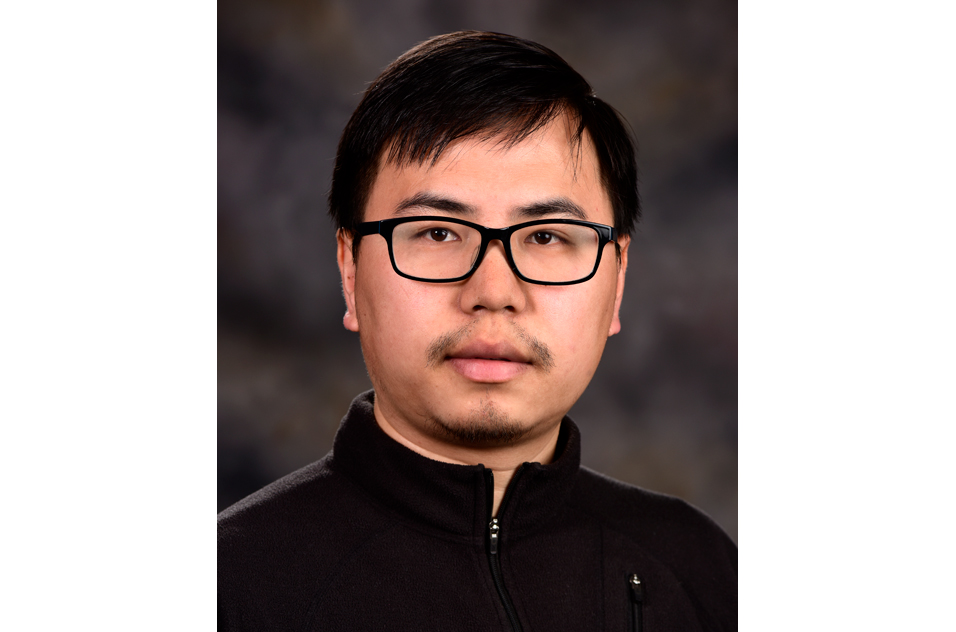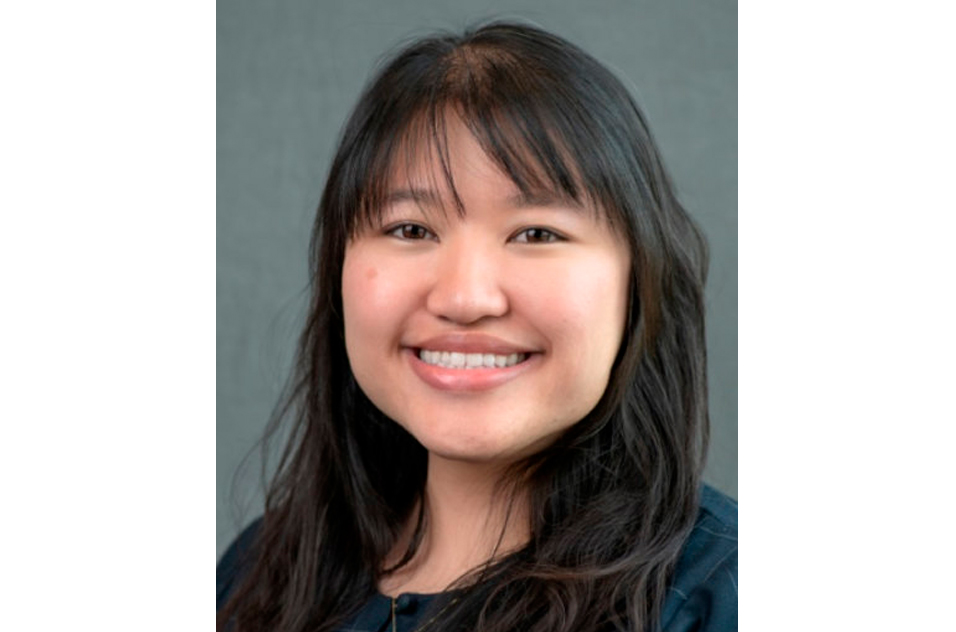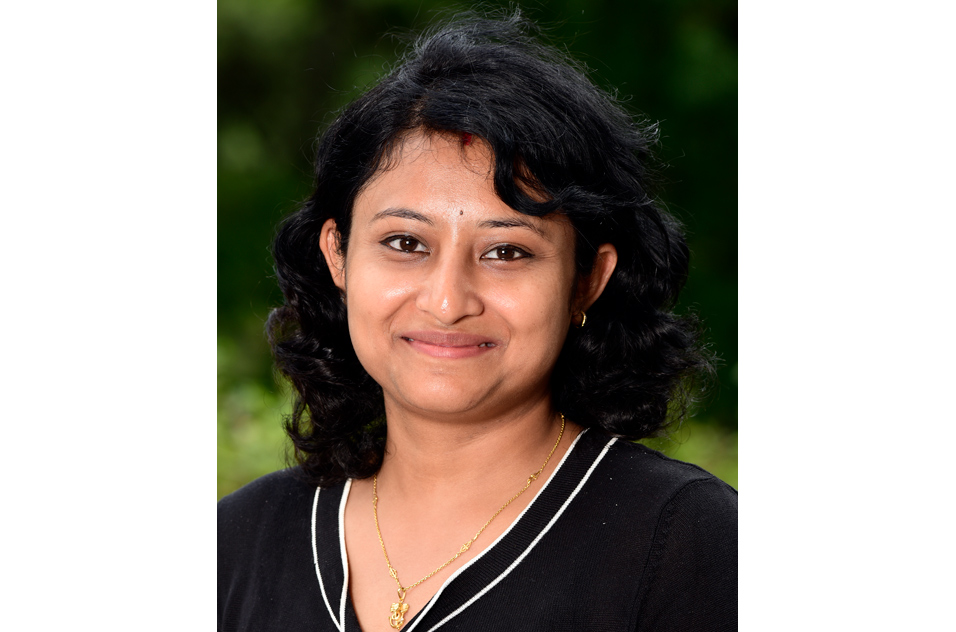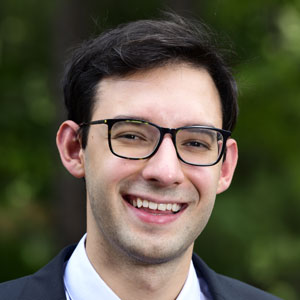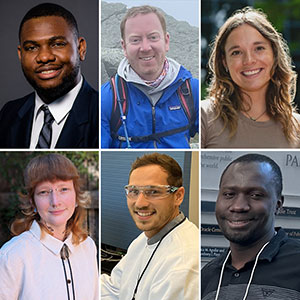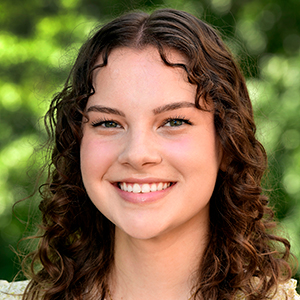Last month, 17 early-career scientists from NIEHS won the annual National Institutes of Health (NIH) Fellows Award for Research Excellence (FARE). As in previous years, select postdoctoral trainees from across the 27 NIH institutes and centers were honored for their outstanding scientific achievements, and NIEHS was well represented in the winning column.
Fellows submitted abstracts of their research, which were judged on scientific merit, originality, experimental design, and overall quality and presentation. The awardees hail from across the institute’s Division of Intramural Research and Division of the National Toxicology Program. Topics ranged from potential gene therapy for Parkinson’s disease to how neighborhood disadvantage may influence dementia.
“NIEHS fellows performed particularly well this year, with our institute ranking third-highest among all NIH institutes — only the National Cancer Institute and the National Institute of Allergy and Infectious Diseases, which are much larger institutes, had more awardees,” said NIEHS Scientific Director Darryl Zeldin, M.D. “This speaks to the high quality of research performed by our exceptional fellows.”
Two trainees are repeat winners. Alexander Foo, Ph.D., from the Nuclear Magnetic Resonance Group, and Yosuke Sakamachi, Ph.D., from the Matrix Biology Group, also won last year.
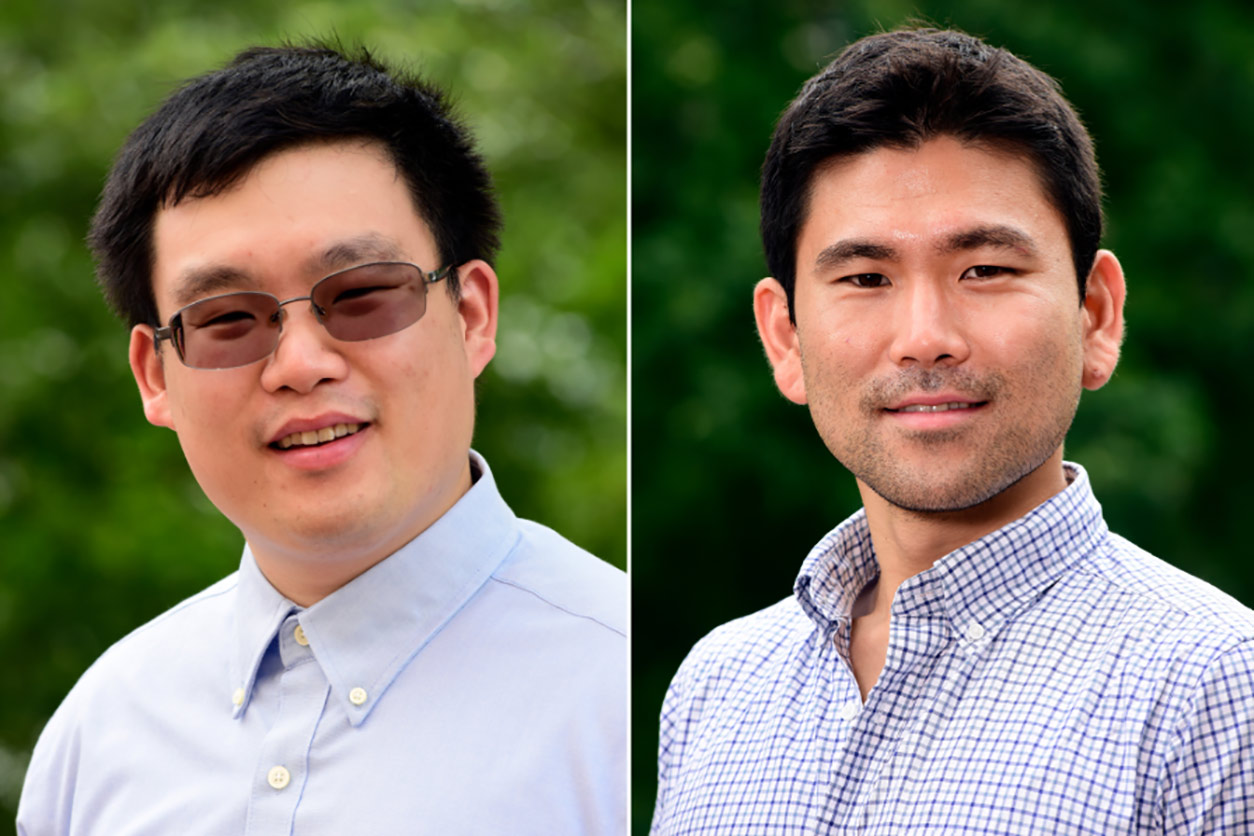 Foo, left, mentored by Geoff Mueller, Ph.D., won with his abstract, “Vicilin Buried Peptides (VBPs) Mediate Cross-Reactivity Between Evolutionary-Distant Species.” (Photo courtesy of Steve McCaw / NIEHS)
Foo, left, mentored by Geoff Mueller, Ph.D., won with his abstract, “Vicilin Buried Peptides (VBPs) Mediate Cross-Reactivity Between Evolutionary-Distant Species.” (Photo courtesy of Steve McCaw / NIEHS)Sakamachi, right, mentored by Stavros Garantziotis, Ph.D., won with his abstract, “Toll-Like-Receptor 5 Protects Against Pulmonary Fibrosis by Reducing Lung Dysbiosis.” (Photo courtesy of Steve McCaw / NIEHS)
FARE awardees receive $1,500 to attend a scientific meeting and present their abstracts, and the winners will judge next year’s FARE competition. The NIH Fellows Committee, the Scientific Directors, and the NIH Office of Intramural Training & Education sponsor the awards. To learn more about the other 15 NIEHS winners and their research, check out the slideshow below.





